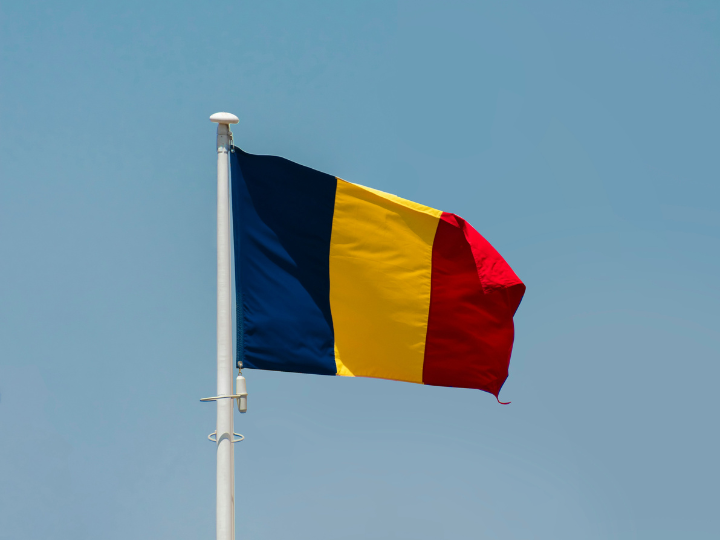by Georgi Gotev
The agreement between Austria’s OMV and Germany’s Uniper to supply gas from the latter’s Black Sea project in Romania’s economic zone has put the spotlight on the country’s significant gas supply potential.
The five-year deal for 15 terawatt-hours of natural gas from the Neptun Deep project off Romania’s Black Sea coast, in water depths of between 100 and 1,700 metres, comes after Russia last month halted gas supplies via Ukraine and a wider reduction in European Union energy purchases from Moscow due to its invasion of Ukraine.
As reported by Reuters, the total contract volume represents about 1.5% of Germany’s gas imports in 2024 and would be the first deal to underpin the long-awaited deepwater project, more than a decade after gas was first discovered in Romania’s section of the Black Sea.
Neptun Deep, which is expected to start production in 2027, holds an estimated 100 billion cubic metres (bcm) of gas, making it one of the EU’s most significant natural gas reserves.
Once Neptun Deep is operational, Romania will become the EU’s largest gas producer and a net gas exporter for the first time.
Overall, Romania is estimated to have offshore gas reserves of around 200 billion cubic metres, which promise to help diversify the region’s supply.
According to George Scutaru, director of the New Strategy Center, a Romanian think tank, Neptun Deep will produce between seven and eight billion cubic metres a year, with potential revenues of more than $25 billion - the equivalent of three and a half years of Bucharest’s current defence spending.
According to Arnold C. Dupuy, writing for the Atlantic Council, while many Black Sea countries are dependent on Russian gas imports, Romania already meets about 80% of its gas needs from domestic production. But the outlook is even more optimistic, according to Dupuy.
Neptun Deep and Ana, together with existing production, are expected to meet Romania’s annual consumption of around 12 bcm. Once the Black Sea production comes onstream, Romania could export excess products to its neighbours, replacing their imports of Russian gas.
Romania has already taken steps to replace Moldova’s gas imports from Russia, but there is potential for Black Sea gas to reduce much of the regional dependence on TurkStream, the undersea pipeline that delivers Russian gas to many Eastern European countries. For comparison, Moldova’s annual gas consumption is 2.9 bcm, Bulgaria’s is 3 bcm, and Serbia’s is 2.4 bcm.
But Dupuy also sees risks. Russia is expected to oppose Romania’s offshore gas projects, as the Kremlin has already demonstrated a range of hybrid warfare tactics in the Black Sea.
He explains that as a result of Russia’s annexation of Crimea in 2014, Romania’s exclusive economic zone (EEZ) effectively borders Russia’s EEZ.
“Whether offshore gas facilities located in the EEZ benefit from NATO Article 5 or Article 6 protection is debatable, so there is the potential for much mischief from the Kremlin,” Dupuy adds.
*first published in: Euractiv.com




 By: N. Peter Kramer
By: N. Peter Kramer
